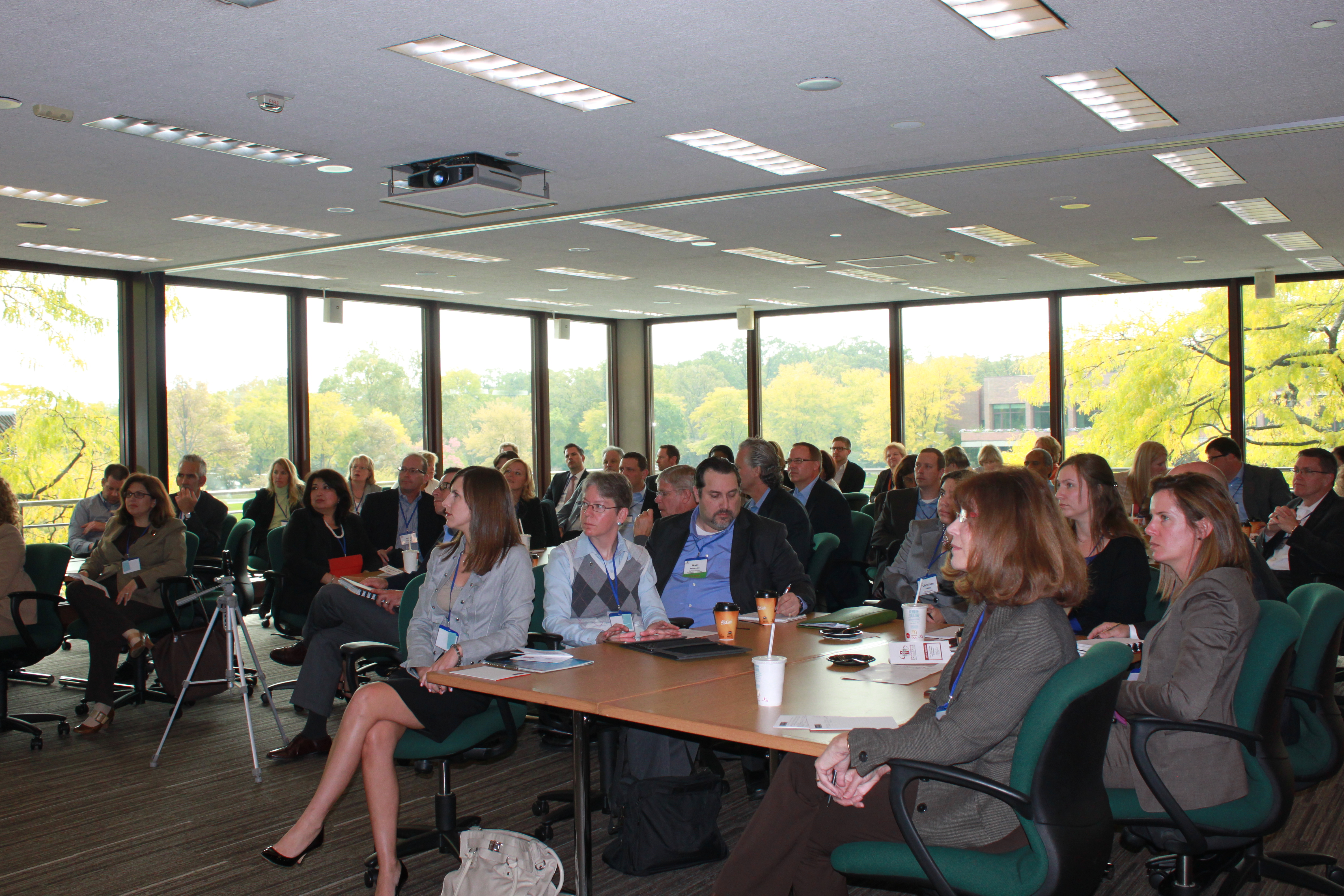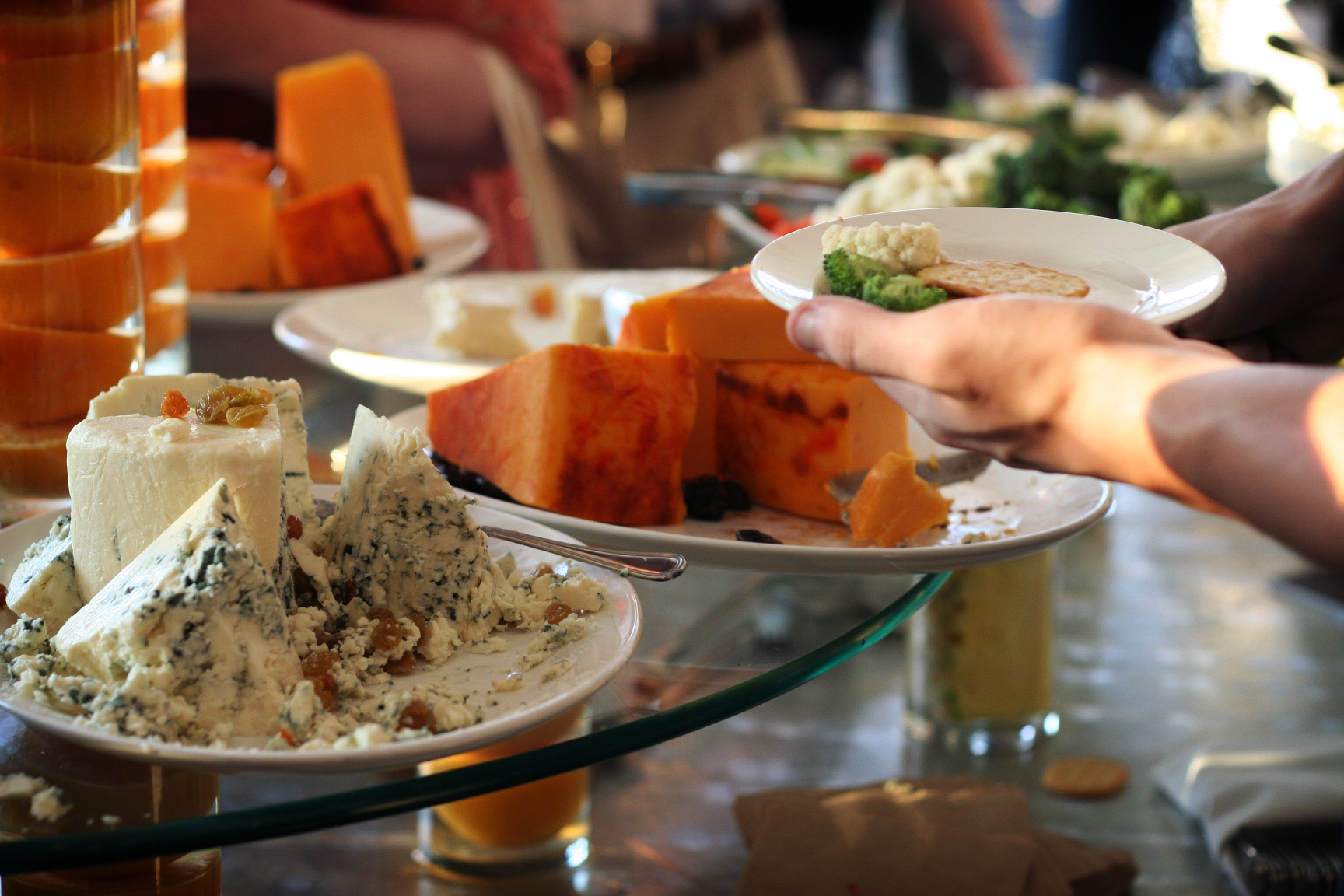When organising an event, the menu can make a big difference. Sub-standard catering is the single biggest cause of delegate dissatisfaction, according to a report from the events and meetings arm of the University of Warwick.
The “Value of Satisfaction” report found that 79% of delegates said they were disappointed with the catering at a venue in the last 12 months.
Food can be difficult to get right when hosting an event, so what can you do to ensure success?
Everyone has their own preferences and it’s always challenging to find something that pleases every palate. If you’re organising a conference, it is even more important to ensure that the menu is perfect. One negative incident can influence the rest of the event and it is often the only thing that people will remember.
It’s important to do your research. Ensure that you:
- Know who is attending – make sure you ask your delegates to RSVP, this will help you decide how much food you need.
- Find out their dietary requirements – You need to know about people’s allergies or requirements prior to the event so you aren’t in for any surprises. The best thing to do is ask them to notify you when they RSVP. This will make it easier to keep track. To help weed out the finicky eaters from those who truly need dietary considerations, use the term ‘restricted’ diet rather than ‘special’ requirements.
- Search for a well-regarded catering company – Think about companies that cater for specific dietary requirements. Make sure the catering company is aware of dietary restrictions and they will be able to come up with dishes that suit everyone. Ensure that you confirm the menu and carry out a taste test so you know what the food is like.
Dietary requirements
There are several types of influencing factors when it comes to dietary requirements. You need to make sure that you have all these areas covered.
Vegetarian diet: excludes any kind of meat, or substance that has been derived from an animal such as gelatine or animal rennet.
Vegan diet: excludes eggs, dairy, meat as well as anything that is animal-derived.
Pescetarian diet: excludes meat but not fish.
Belief-based diet: Religion can affect one’s diet. For example, a Jewish person will only eat food that is kosher. A Muslim will only eat food that is halal. A person who practices Hinduism will not eat eggs.
Medical illnesses: These include things like diabetes, celiac disease (requires a gluten-free diet) or being lactose intolerant (intolerance for dairy products).
Allergies: The most common allergies are nut and fish allergies.
Planning ahead
If you are able to plan ahead, it can prevent any mishaps. Sometimes people don’t RSVP and turn up unexpectedly. Ensure that you have extra food, but do ask them of any allergies before serving them the food. They will most likely hold you responsible if they have a bad reaction to the food that they are eating.
It may seem like a lot of work, but once you know of any requirements, the catering company can take care of the rest and you can focus on other things such as presentations. It’s better to be safe, than having to deal with the horrible consequences of making somebody ill.
Thanks to Dean Ronnie and Conference Care (www.conferencecare.com) for this post!














